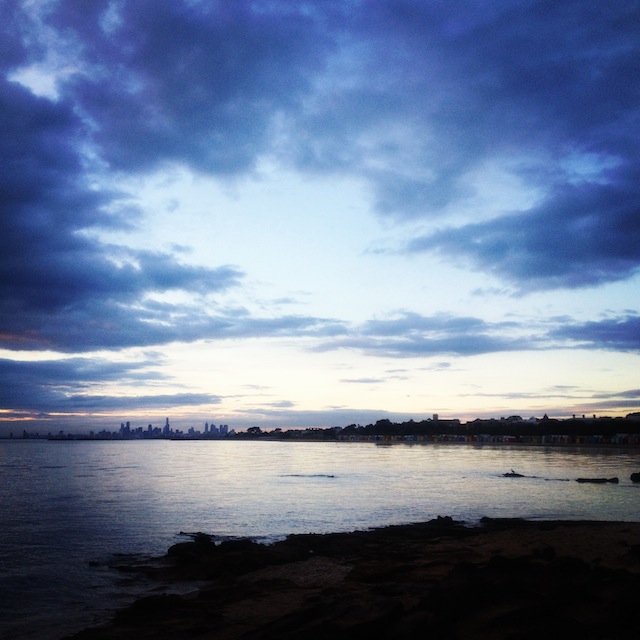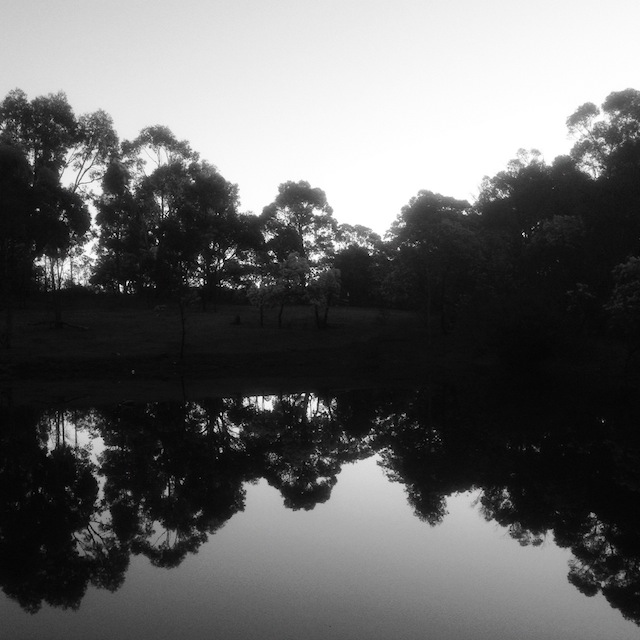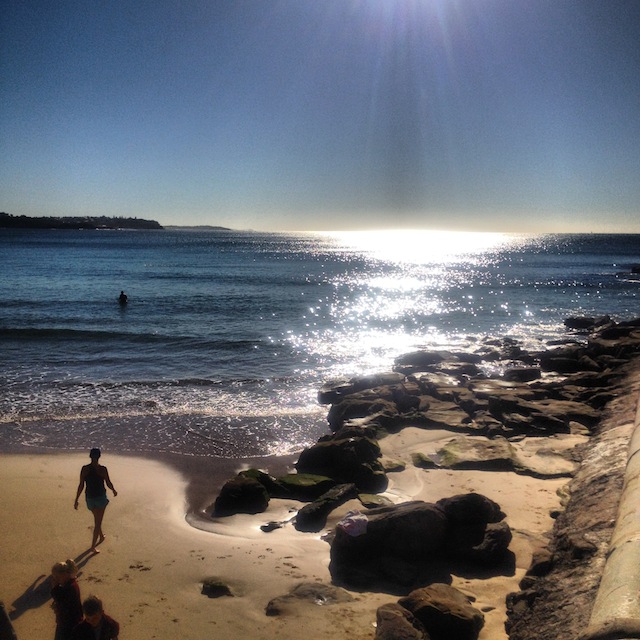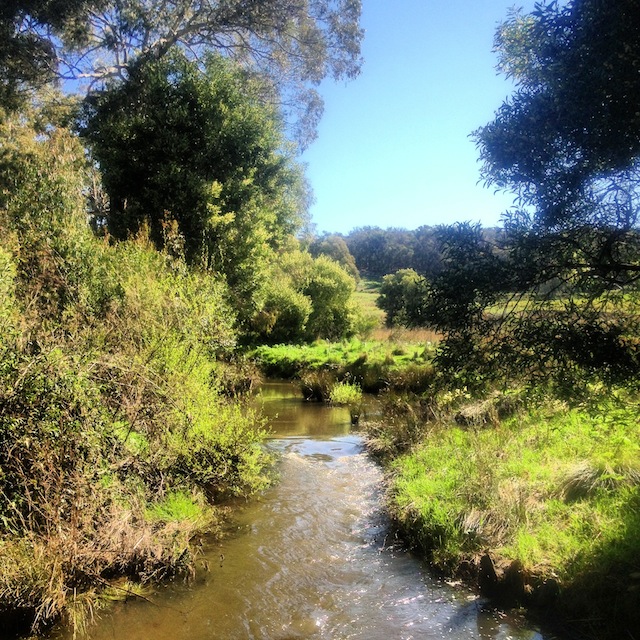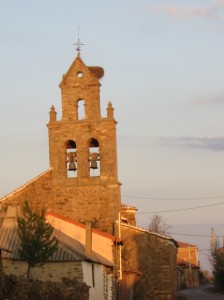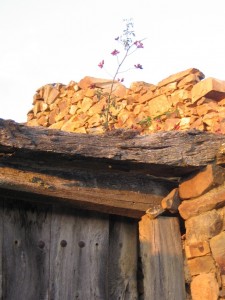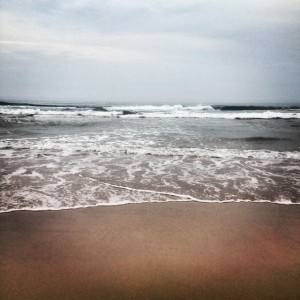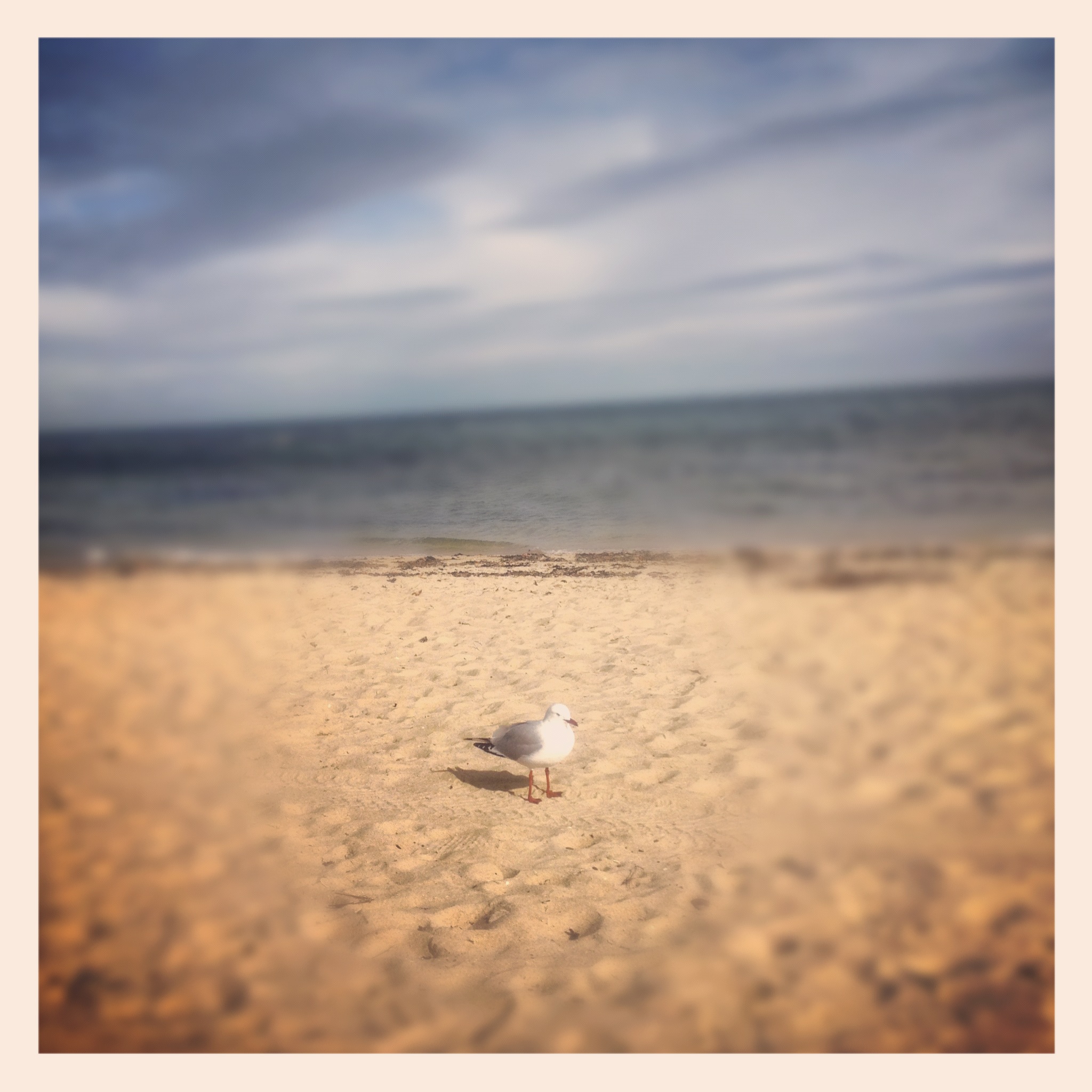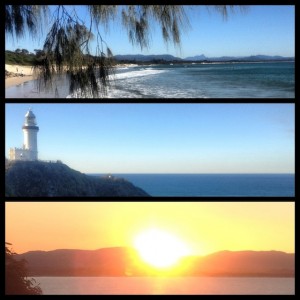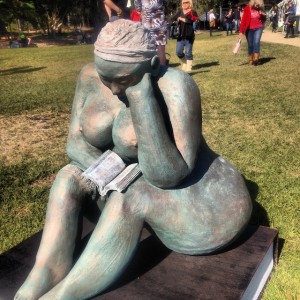
At various times since Sinning Across Spain came out, I’ve been asked about preparations for walking the camino. What did I do before I left? What would I recommend?
I’m loathe to suggest I’m in any way an expert, but I’m happy to share my experiences. Sometimes we fools who learn by trial and plenty of errors can be useful to others. Please remember that time has elapsed since I walked, and I’ve no doubt others can provide more up-to-date advice, so do take all of these suggestions as just that – suggestions. Everyone does it differently, and you will find your own way. That’s part of the joy.
The simplest way to go about this seemed to be to annotate a section from the book, so here we go, from Chapter 3, Flying Sola.
For the Camino Francés I’d read two guidebooks cover to cover…
 The guidebooks of the Confraternity of St James are no-frills and concise, and can be bought via their website.
The guidebooks of the Confraternity of St James are no-frills and concise, and can be bought via their website.
The CSJ are the English-language experts on all things camino, and their site has pointers to lots of other great information, including history, discussion forums and getting the credencial. No matter where you look, do start with them.
Ultimately, although it weighed more, I decided to carry John Brierley’s guidebook, because I enjoyed his snippets of history and spirituality, and I also loved the topographical diagrams and photos. I annotated it with extra info from the Confraternity’s book. I also used Mr Brierley’s guide when I walked from Oporto along the Portuguese route.
For the Mozárabe, I carried Alison Raju’s guide from the Confraternity. Back when I walked, it was very hit and miss, as it hadn’t been updated for a few years. I was glad of my Spanish, because I had to ask directions often between Granada and Mérida. It was pretty accurate once I joined the Via de la Plata. I think there is a newer version now – and as far as I know, it is the only English language guide.
…scoured websites…
The web is an astounding resource, and these days there are literally hundreds of sites, bulletin boards and discussion groups about the camino. If you want to dream in advance, simply Googling “camino” will help you find the sites or blogs that resonate.
If you speak some Spanish, the equivalent of the CSJ site is probably Mundicamino and I heartily recommend it, as it has amazing detail about every pueblo and waystop. It’s worth a look even if your Spanish is very basic, because the layout is so clear.
The other site I particularly enjoyed was a camino planner that lets you get an idea of timing your walk – for the roads from Seville, Roncesvalles and Le-Puy-en-Velay. When I was prepping for the Francés it was helpful to give me an idea of how many days I’d need. And it is fun. That said, the road kept reminding me that plans were futile, and to submit to its will.
…grilled camino veterans…
I guess that’s what you are doing by reading this! Nothing beats chatting to someone first-hand, and if you live in Melbourne, feel free to check the EVENTS AND MEDIA pages in case I’m going to be doing a talk near you. I’m always happy to natter afterwards. There are camino organisations in most states, and they have regular meet-ups, where much of the information will be more recent than mine.
All that said, I would just keep reminding you that it’s YOUR camino, and in my opinion there’s no right or wrong way to do it if you are going with an open heart and respect for fellow pilgrims – and as you will know from the book, even that can fail you when the camino tests you! There is a lot to be said for the path of the fool with open eyes and ears, but the road will have its way.
…downloaded Spanish podcasts…
I studied French and Italian from school age, so when I was preparing for the Francés I decided to take a few basic Spanish lessons – only a term, as I couldn’t afford more than that. They were wonderfully useful, and if you have either of the other Romance languages, you will find many similarities. Mind you, the differences and peculiarities are intriguing enough to make you want to learn more! I also downloaded many free podcasts from the web, and when I was walking, walking, walking my training paths, I loved to listen to them. I’m sure you could get by on that road without a word of Spanish, but if you can learn some, please do. It will enrich your experience ten-fold – and again, it’s fun!
For the Mozárabe, I’d definitely recommend a good grounding in some Spanish basics. It is now over two years since I walked it, and I’m sure that there may be more facilities, but it’s still unlikely you’ll encounter a lot of English speakers between Granada and Mérida, at least. I gather there are still not many walkers along that road, so you can’t rely on other pilgrims.
…replaced my heavy boots with lightweight Merrells…
That’s them in the photo up the top of the page – their work done. They were such stars.
I’d always hiked in much heavier, all-leather boots in Australia, and had never done more than one or two hundred kilometres in a week. The camino roads and distances demanded something lighter, and for me, more breathable. Some people walk in heavy boots, some in runners, some even walk in sandles and Tevas. I considered myself lucky to find the Sirens, as they performed magnificently on both roads. I didn’t blister and I was happy to get cold or wet feet occasionally rather than have them become swollen and overheated.

Again, a disclaimer: boots are highly personal. No feet are the same, and you must devote time and energy to getting the right boots. Don’t buy the first pair that feels good. Test them when your feet are hot, with different socks and at varying times of the day. Do make sure there is enough ankle support for you when you are carrying an extra 8 to 12 kilos on your back.
The other indispensables, for me, were my walking poles. As you will know from the book, they became an extension of my body, and I can’t imagine making the trip without them. They offer stability and support, as well as letting you test terrain. They’re also washing lines, shoulder-stretchers and coat-hangers. I’d never used them before the camino, and now I can’t countenance hiking – or distance walking – without them. And they are not necessarily expensive. Mine were about $20 each from Ray’s Outdoors.
…and sourced a smaller backpack…
SO personal. Like the boots. Try many. Test and re-test. Load weights into them. Stand and move in a pack for at least fifteen minutes before you begin to form an opinion. Go back several times. The fact that I am completely obsessed by the Aarn does not mean it will work for you, but it is super-light and fits my body like a glove, and they are two vital considerations.
It was great to have a pack that didn’t need extra rain coverage. The Aarn has an interior sack that is waterproof, so when it rains, you have only to make sure there is nothing problematic in the outer pockets. No flapping or billowing is a fine thing in blustery conditions.

There it is. A pilgrim’s whole world, on a sunny walking afternoon in autumn in the Bierzo.
And no, I don’t use a camel back. I carry bottles. That one was a beauty – hard clear plastic, so I could see how much was left. I’m a guzzler, so visual monitoring of my water allowance is important. And you probably don’t need to have a vase on your pack, but it made me happy!
…I rehearsed saying por favor and buenos días as I hiked favourite sections of Victoria’s Great Dividing Trail…
I guess the most common question I’m asked is how much walking I did before I set out. Again, this is personal. I walk every day in my normal life, for at least an hour, and regularly walk 25 to 35 kilometres on one or both days of a weekend, so I knew that distance and stamina were not issues. I did need to walk with the pack to learn how my body adjusted to carrying it for hours on end, and how best to pack it. My advice is to do as much as you possibly can in the lead-up to the walk, but not to panic if you haven’t achieved your goals in that area. Life takes over. The main thing is not to go at the camino as though it is a competition. It will teach you what is best for you, and the main advice I can give, based on my own painful experience (!) is to listen to your body, to slow down when it tells you to, and to stop if need be.

Also, remember that you are the expert on your body. I had knee problems on the Francés for the first and only time in my life. I exacerbated them by not stopping or slowing down until I was literally brought to my knees in Burgos, but I also made a critical error before I left. I was told by a man in a hiking store that I should have insoles, and so I bought a pair. I have never used an insole in my life, yet I listened. When I returned and went to my osteopath to check why this had occurred, he was aghast at me putting an insole into my boot, because my feet fall evenly and I have no need of them!
That said, I think they served, finally, to slow me right down, and that was a good thing. But it was painful, and I should have listened to my own history and body, instead of giving over to a well-meaning expert.
Which is what I would implore you to do with all of this well-meaning advice. Take what sounds right. Discard what is not you. Walk like a snail. Listen to your feet. And stay open to the road.
I’m not going to list the contents of my pack, as this post is already getting too long, but remember there’s a packlist chapter in the back of the book.

Do remember that you absolutely don’t need to buy the most expensive things on the market.
I’m always on a tight budget, and there’s no room for glamour or vanity on camino anyway. There are shops along all the roads, so you can buy almost anything you’ve forgotten or might suddenly need.
The only times I didn’t skimp on price, or on legwork, were when I was sourcing boots and pack, and luckily my feet liked reasonably priced boots!
If you have other questions, feel free to leave them here, or on the Facebook page where I’ve been posting snippets and photos of camino news. Also, if someone has better information than mine about any of this, do leave your thoughts for others. I’m happy for this post to stay up a while so that discussion can be facilitated.
As always, thanks for visiting, reading and contributing. I hope that your road is headed somewhere fulfilling, and I wish you my favourite wish, over and over…
Buen camino, peregrinos, amigos, compañeros.

Postscripts….
On Sunday 14th October, Melbourne’s Sunday Age and Sydney’s Sun-Herald will publish an article of mine in their Sunday-Life magazine. I hope you enjoy it.
On Monday 15th October, if you are in Melbourne, Channel 31 are screening a show called Behind the Words at 7.30pm, and I recorded an excited chat for it around the time of the book’s release.


